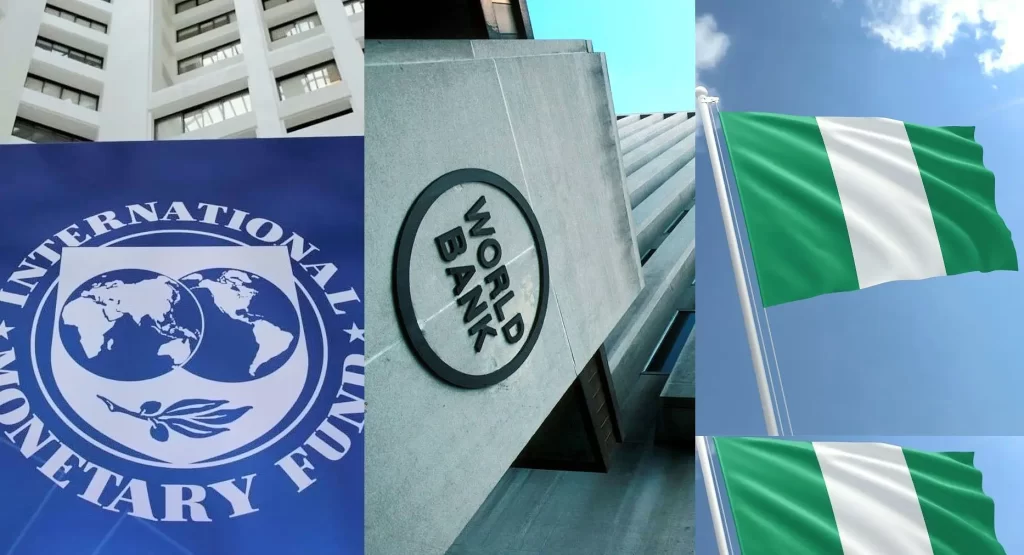Daud Olatunji
The Federal Government is set to forfeit $10 million from a World Bank loan following its failure to meet key audit and project implementation standards under the $103 million Fiscal Governance and Institutions Project (FGIP).
The loan, financed through a credit facility from the International Development Association (IDA) — the concessional lending arm of the World Bank — was meant to strengthen Nigeria’s public financial management and fiscal transparency.
However, delays in critical reforms and substandard audits have jeopardised full disbursement.
According to a June 2025 restructuring report by the World Bank, the Federal Ministry of Finance (FMF) has formally requested the cancellation of $10.4 million — comprising $900,000 for unused Technical Assistance and $9.5 million linked to 10 unmet Performance-Based Conditions (PBCs).
“This includes a $4 million audit of revenue-generating agencies like the Federal Inland Revenue Service (FIRS) and the Nigeria Customs Service (NCS), which was deemed non-compliant with international standards,” the report stated.
The World Bank noted that independent verification agents found the audit reports from the Office of the Auditor-General for the Federation (OAuGF) inadequate.
“They did not meet the requisite international auditing standards,” the Bank disclosed.
Other forfeited components include $1 million earmarked for the deployment of a National Budget Portal by the Budget Office of the Federation (BOF). The BOF reportedly failed to provide evidence of implementation.
Similarly, the implementation of the Revenue Assurance and Billing System (RABS), valued at $4.5 million, failed verification.
“Only 27 of the 55 Federal Government-Owned Enterprises (FGOEs) established the required Treasury Single Account (TSA) sub-accounts for foreign revenues,” the World Bank stated.
There was also no evidence of the required automatic transfers to the Consolidated Revenue Fund (CRF).
The delays in RABS implementation were attributed to contract management complications and unresolved indemnity issues with the Central Bank of Nigeria (CBN).
“The FMF is expanding the RABS consortium to include another vendor,” the report said, adding that the CBN is still awaiting an indemnity letter that would absolve it of liability over potential transfer errors.
Consequently, the implementation of RABS is now expected to be completed by August 2025 — two months after the project officially ends on June 30.
Despite these lapses, the World Bank acknowledged progress in other critical fiscal areas.
According to the report, non-oil revenue collection exceeded expectations in 2024, reaching 153% of the budgeted target — a significant jump from the 64.9% baseline recorded in 2018.
The Bank credited this improvement to Nigeria’s exchange rate unification policy, deployment of the TaxProMax platform for tax administration, and the automation of revenue remittances from MDAs.
Additionally, Nigeria exceeded targets for fiscal transparency, publishing 10 reconciled economic and fiscal datasets — surpassing the project’s target of six.
The Corporate Affairs Commission (CAC) also recorded gains with its launch of an electronic register of beneficial owners, covering about 40% of registered entities.
Furthermore, the Ministry of Finance Incorporated (MOFI) has published financial reports and launched a national asset registry.
However, capital expenditure performance remained below par at 50%, missing the 65% target.
The World Bank rated the monitoring and evaluation framework of the project as “moderately unsatisfactory.”
Do you want to share a story with us? Do you want to advertise with us? Do you need publicity for a product, service, or event? Contact us on WhatsApp +2348183319097 Email: platformtimes@gmail.com
We are committed to impactful investigative journalism for human interest and social justice. Your donation will help us tell more stories. Kindly donate any amount HERE




